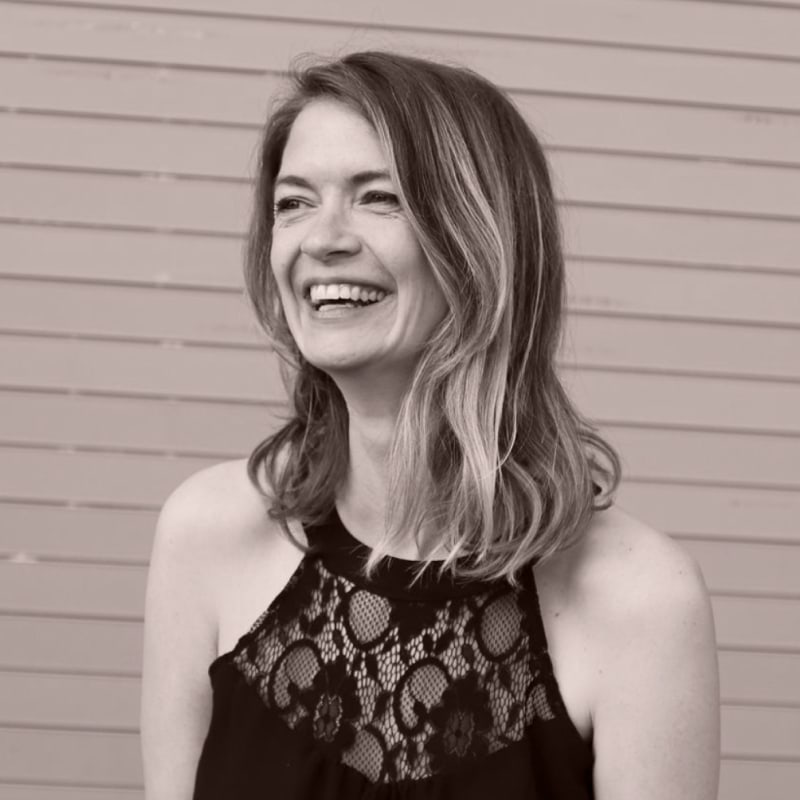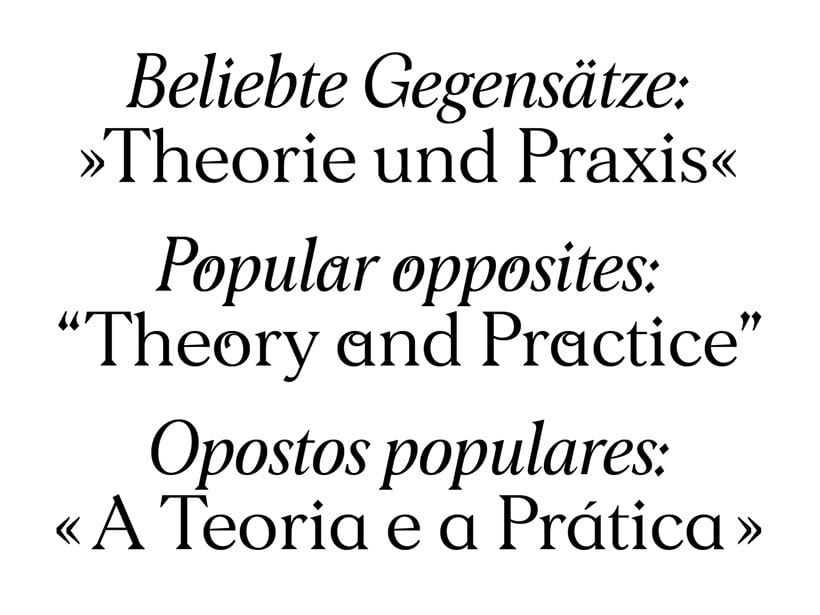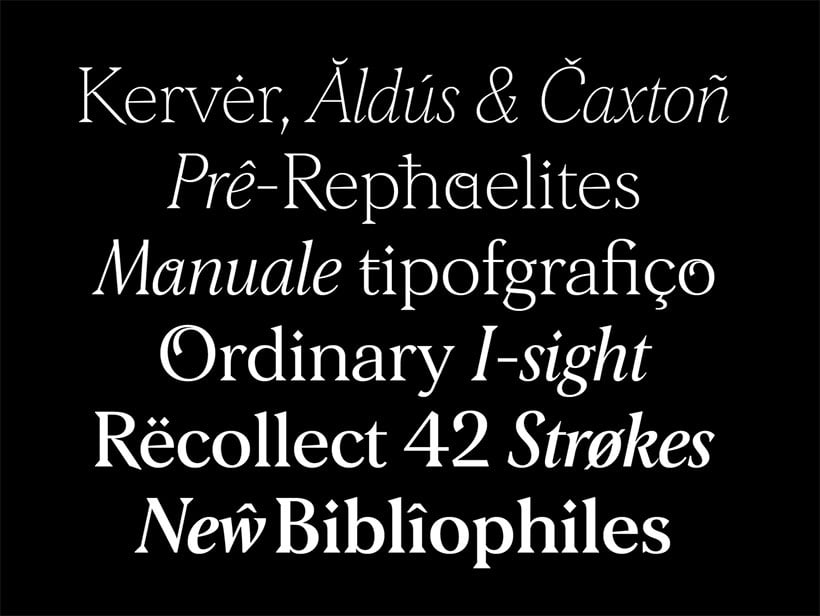 |
|
|
|
|
My previous intro mentioning the degrowth movement triggered a surprisingly binary response. Many of you sent me links to other articles and passionately argued either for or against degrowth as if it was a yes/no choice.
What I was trying to highlight, and what the podcast made a great case for, is that we need more intellectual provocations that prepare us for the inevitable changes to come. Regardless of your views on degrowth, I think most of us can agree that GDP growth is a dismally blunt tool to measure the good life.
Imagine you’re at an end-of-year work party and you ask a colleague: “So how has your year been? Did you get a chance to spend more time with that new nephew of yours? How are those Spanish lessons coming along? Oh and were you able to overcome that health issue you told me about?” To which their response would be: “$81,263”
It’s a clumsy analogy but this is how economists currently determine whether we’ve had a good year. A figure resembling how much value we produced offers very limited insights into how well we’re actually doing, not to mention whether that ‘doing’ occurs within the reality of our planetary boundaries.
It’s time we agree on a new set of indicators that provide a better picture of how (all) life on this planet is faring. Kate Raworth’s Doughnut Economics model offers more great provocations with a framework that sandwiches the good life between social foundations (what we need) and ecological ceilings (what we can take).
By the way, this notion of ‘measuring the wrong things’ reminds me of a great exchange that occurred at the 2019 World Economic Forum where Oxfam Director Winnie Byanyima refutes one attendee’s theory that a low unemployment figure is a sign of economic success.
Anyway, I’m probably not telling you anything new here. I’m not an economist, so my opinions are weakly held. Whether it’s degrowth or doughnuts, I would love to see these ideas being more openly debated in public so that more people realise there are alternatives to the status quo – alternatives that may actually work better for them.
– Kai
|
|
|
Become a Friend of DD for $1.80/month →
With a modest yearly contribution you’re not only helping keep Dense Discovery going, you also receive special discounts and get access to the DD Index, a searchable catalogue of past issues. (And it makes this message disappear.)
You receive this email because you subscribed to Dense Discovery, a weekly newsletter at the intersection of technology, design and culture. Writing to you from Melbourne is Kai Brach. Do you have a product or service to promote in DD? Sponsor an issue or book a classified.
|
|
Micro-Startup Marketplace SPONSOR
|
Discover the best micro-startups for sale
Delivered straight to your inbox every week, Microns.io is a newsletter that helps you discover the best micro-startups for sale. Join hundreds of entrepreneurs and investors looking for their next micro-startup acquisition opportunity and, along the way, learn about how great deals are done.
|
|
|
Apps & Sites
|
Read-it-later habit builder
|
|
Alfread (iPhone only) is essentially a read-it-later app like Pocket or Instapaper but with added features aimed at helping you build better reading habits. (Great copy on their website, too.)
|
|
Remove objects from photos
|
|
This little web app magically deletes elements you select from photos and fills the empty space so that the edit doesn’t seem too obvious. I just tried it a few times and it works surprisingly well.
|
|
|
A messenger that only delivers messages once a day? Pony is definitely not an app for time-sensitive, casual chats. Perhaps a tool for more mindful, medium-length communication between close friends or family?
|
|
Documenting the history of the mobile
|
|
Browse through over 2000 models of mobile phones going back decades. Exploring the site reminded me that I once owned this Siemens sliding phone. There is a non-profit behind the website which not only catalogues all models digitally, they actually photograph the (donated) phones themselves and then store them securely. What a great initiative! (Send them your old phones!)
|
|
|
Worthy Five: Sarah Harrison
|
|

Five recommendations by climate designer and design instructor Sarah Harrison
|
A question worth asking:
‘How can we design systems that give back more than what they take?’ Rather than asking ourselves how we can pollute less or do less harm, we should rethink the systems we operate in and create things that have a restorative impact for their relevant communities.
A book worth reading:
If you’re like me and wondering how you as a designer can make the biggest contribution to building a better world, in Designing Regenerative Cultures Daniel Wahl lays it all out for us with clear frameworks we can put into practice immediately.
A video worth watching:
In Advice to Young People as they face Annihilation, longtime climate activist and Extinction Rebellion co-founder Roger Hallam offers a sober, straight-forward, no-bullshit assessment of the climate crisis and then gives his best advice for what to do about it.
A concept worth understanding:
Three Horizons Thinking, a concept created by Bill Sharpe and the International Futures Forum (IFF), helps us structure our thinking about the future. In short, it consists of: stop working on the status quo (horizon 1) and start designing innovations (horizon 2) that will get us to that future world (horizon 3).
A word worth knowing:
Degrowth – it’s a terrible name for a critically important concept. Our economies currently aim for 3% growth every year through inequitable, polluting, extractive methods. Degrowth economists advocate for a steady-state economy that meets the needs of all of its people without relying on infinite growth.
|
|
|
Books & Accessories
|
A philanthropic manifesto
Australian philosopher Peter Singer wrote this book more than ten years ago, making a convincing case for why we should use our money to help others out of poverty. It’s since become one of the most influential books on philanthropy. Singer launched a charity by the same name and later acquired the distribution rights to his own book, allowing him to make the ebook and audio version available for free on their website.
|
|
A handbook on disability issues
Understanding the needs of people with disabilities can seem daunting, in part because we don’t want to do/say the wrong things. Luckily, disability rights activist Emily Ladau has written the ‘cheat sheet’ for us: “An approachable guide to being a thoughtful, informed ally to disabled people, with actionable steps for what to say and do (and what not to do) and how you can help make the world a more accessible, inclusive place.”
|
|
|
Overheard on Twitter
|
|
In England ‘booster shot’ is spelled ‘borchestershire shot’.
|
|
Food for Thought
|
|
Between denial, dread and despair, it’s hard to know what emotional response to the climate emergency is actually warranted and indeed useful. I acknowledge that many people around of the world don’t have that luxury, but at least for some of us, recognising that things will fall apart and we’ll still somehow be alright, is one way to avoid the debilitating effects of this crisis and give us the energy to make the necessary adjustments. “...we could borrow the term ‘apocaloptimism’, defined as the attitude of someone ‘who knows it’s all going to shit, but still thinks it will turn out OK’. This is an oxymoron, of course. But it’s a potentially useful one, in that it short-circuits the whole question of whether or not we like what’s happening, instead redirecting attention back to what’s happening, and how we’re called upon to respond.”
|
|
|
I have to thank Anab Jain (whom we interviewed for Offscreen issue 22) for opening my eyes to the ideas of planet-centric design and interdependence, some of the concepts summarised in this short manifesto for dezeen. “We need to remember that we are not just on this Earth: we are of this Earth. The interdependence is real: humanity as ecology, ecology as humanity. Both the head and the heart demand this mental leap, this act of surrender.”
|
|
|
It’s hard to deny that Facebook is causing a lot of harm. But if #DeleteFacebook is not making a difference and governments are too slow to act, what can actually be done about it? Farhad Manjoo says ‘doing nothing’ is one option: just let the company make itself irrelevant. “Once-indomitable tech companies have fallen before. Facebook still makes lots of money, but it has lost consumers’ trust, its employees are upset and leaking left and right, and because most of its popular products were acquired through acquisitions – which regulators are likely to bar in the future – it seems unlikely to innovate its way out of its troubles.” (Possible soft paywall)
|
|
|
Aesthetically Pleasing
|
|
Under the name SIGNAL A the designer Xtian Miller sells posters informed by Swiss modernism. Friends of DD enjoy a 10% discount.
Become a Friend to access specials like this.
|
|
|
We’re so spoiled for good architecture here in Australia, like the Eucalypt House, a compact family home that sits lightly in its place, effortlessly integrating into its coastal environment.
|
|
|
In his series Hierotopia, photographer Kieran Dodds documents his visit of Ethiopia’s ‘church forests’: “In Amhara province, the last native forests surround church buildings and have been protected for centuries as miniature Gardens of Eden.” Don’t miss his beautiful photo book that tells the full story.
|
|
|
Morion is an elegant, versatile serif typeface that performs well in display and text sizes. “Sharp details and dynamic condensed italics give a contemporary, digital tone that is embedded in a classic transitional serif typeface.”
|
|
|
Did You Know?
|
|
‘The Veil of Ignorance’ is a philosophical thought experiment that can help us test ideas for fairness.
|
|
Coined by the American philosopher John Rawls, ‘The Veil of Ignorance’ is a way of working out the basic institutions and structures of a just society. The thought experiment goes like this: “You are asked to consider which principles you would select for the basic structure of society, but you must select as if you had no knowledge ahead of time what position you would end up having in that society. This choice is made from behind a ‘veil of ignorance’, which prevents you from knowing your ethnicity, social status, gender and, crucially in Rawls’ formulation, your or anyone else’s idea of how to lead a good life. Ideally, this would force participants to select principles impartially and rationally.”
|
|
|
Classifieds
|
|
GLYPHICONS® are precisely prepared monochromatic icons and symbols, created with an emphasis to simplicity and easy orientation.
Secret Breakfast is the newsletter for curious food lovers. Crunchy angles, smart recipes, new ideas. Find the missing ingredients that umami our life in new and dangerous ways.
Community Weekly is a newsletter features the best long-form stories on people and companies in creator economy, community, and more.
Grow your audience for free with EmailOctopus. Create customised landing pages, beautiful email campaigns, and automated welcome messages – free for your first 2,500 subscribers.
|
|
Classifieds are paid ads that support DD and are seen by our 35,000 subscribers each week.
Book yours →
|
|
|
The Week in a GIF
|
|
Reply or tweet at DD with your favourite GIF and it might get featured here in a future issue.
|
|
|
|















